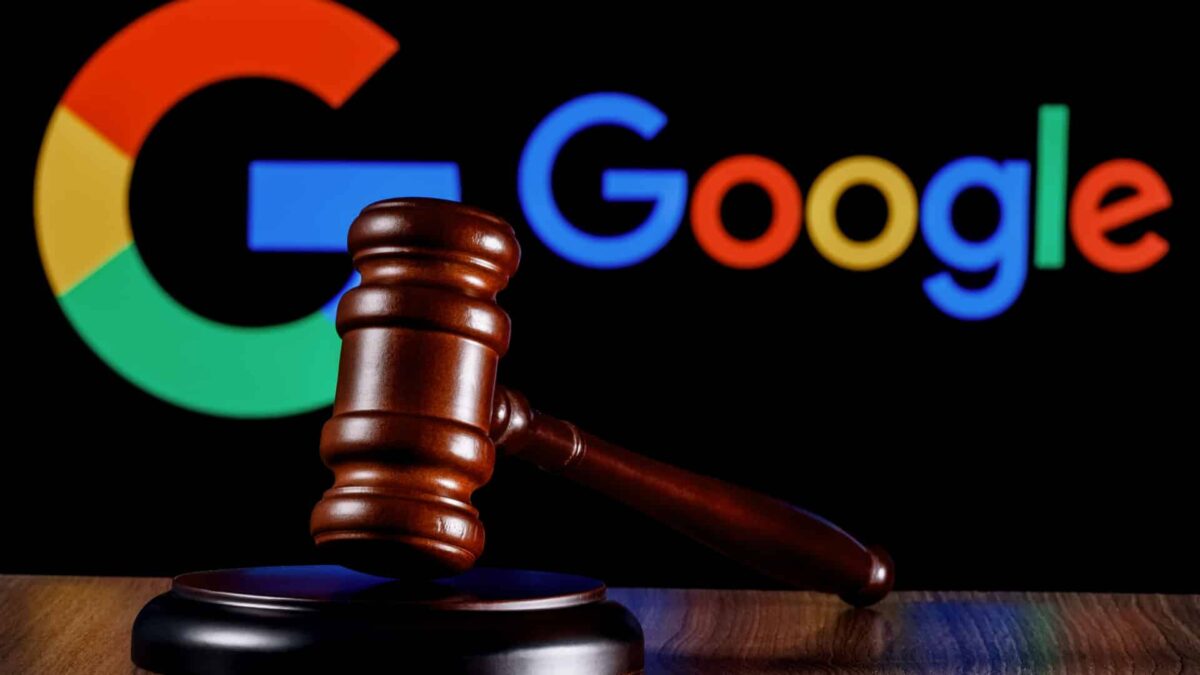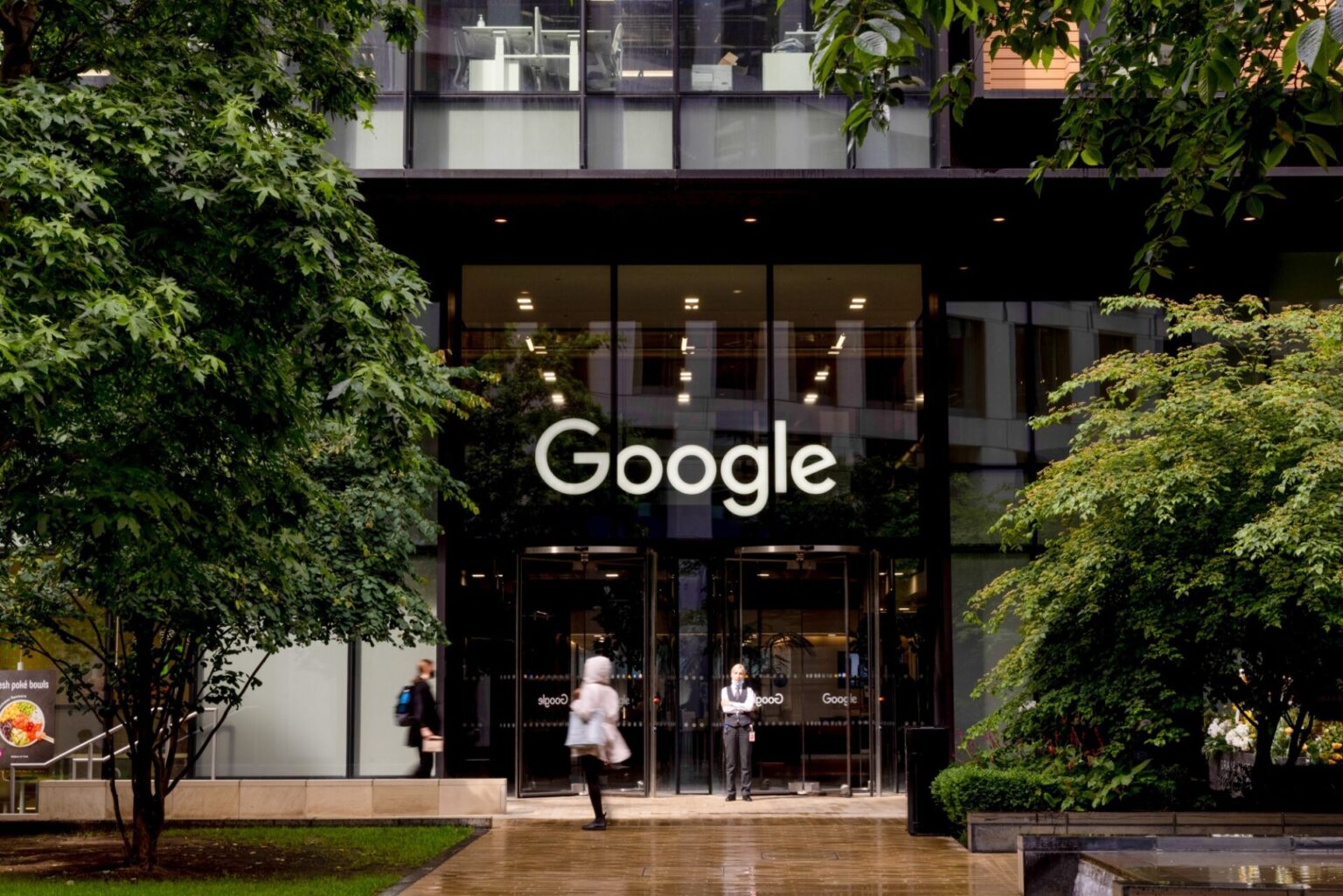Google had used its control of the internet search industry to exclude rivals and stifle creativity, alleged the Department of Justice at the start of the largest U.S. antitrust trial in a quarter-century.

Table of Contents
Google’s Popularity: Sheer Manipulation Or Genuine Competition?
According to Kenneth Dintzer, the senior counsel for the Justice Department, “this issue is about the future of the web and whether Google’s search engine is ever going to encounter genuine opposition.”
Federal attorneys and state attorneys general will make an effort over the next 10 weeks to show that Google manipulated the market in its direction by making its search engine the initial choice in a variety of locations and devices. Before the start of next year, U.S. District Judge Amit Mehta probably won’t make a decision. If he finds Google in violation of the law, a second trial will be held to determine what actions should be taken to control the Mountain View, California-based business.
Top officials from Alphabet Inc., the parent company of Google, and other significant technology firms are also anticipated to provide evidence. Alphabet CEO Sundar Pichai, who took over for Google co-founder Larry Page four years ago, is most certainly one of them. Additionally, according to court filings, senior Apple executive Eddy Cue may be asked to testify.
Antitrust Violations And Power Abuse
Almost three years ago, during the Trump administration, the Justice Department sued Google for antitrust violations, claiming that the firm had abused its dominant position in internet search to obtain an unfair edge over rivals. Government attorneys claim that Google pays billions of dollars each year to be the primary search engine on the iPhone and on internet browsers like Apple’s Safari and Mozilla’s Firefox, protecting its trademark through a kind of payola.
“Google’s agreements guarantee that opponents can not compete with the search efficiency ad monetisation, particularly on mobile phones,” he claimed. This wheel has been rotating through this cycle of feedback for more than 12 years. Google always wins out in such scenarios.
Despite controlling nearly 90% of the market for online searches, Google responds that it is up against a lot of rivalries. The business claims that its competitors include websites like Yelp and Amazon, where users may ask inquiries about what to purchase or where to go, as well as search engine services like Microsoft’s Bing.
A Faux Pas Or Reality?
According to Dintzer, Google spends more than $10 billion annually on these elite jobs.
According to John Schmidtlein, a lawyer in the legal firm Williams & Connolly, which represents Google, “There are many ways users browse the web other than conventional search engines, and people use them constantly.”
However, as more queries are processed by Google, the more information it gathers, which may then be utilised to enhance subsequent searches and give it an even greater competitive edge, according to Dintzer.
“User data is the fuel for a search engine,” he declared. Since it controls the majority of the market, “Google search and advertisement services are far superior than any other company can possibly be.” He claimed that this is the reason Google spends so much money to have its search engine set as the primary on goods made by Apple and other businesses.
Dintzer said that Google “began weaponising defaults” approximately 15 years ago, quoting an internal Google article that referred to its setup as an “Achilles Heel” for competing search engines provided by Yahoo and MSN. Additionally, he said that in exchange for sharing revenue, Google coerced Apple into placing its search engine as the default on its products.
“This is not a negotiation,” Dintzer declared. Accept it or leave it, Google is stating.
Malpractices In Question
Plaintiffs contend that the firm’s disruptive practices hindered Apple from creating a unique search engine.
Dintzer further claimed that Google attempted to conceal some documents under the privilege of attorney-client confidentiality while deleting others to keep them from being disclosed in court proceedings. For years, they obliterated records, Dintzer said. In order to remake history in this court, “they turned history off, your honour.”
According to Google, ongoing updates to its search engine are the reason why users almost instinctively return to it, a behaviour that has long since rendered the term “Googling” a common way of doing research online. Schmidtlein said that Google’s modifications merely improved their search over significant rival Bing. They lost in the market at every pivotal moment, he claimed.
The trial starts just a few weeks following the initial investment in Google, a $100,000 cheque made by Andy Bechtolsheim, co-founder of Sun Microsystems, that allowed Larry Page and Sergey Brin to launch their company in a Silicon Valley garage.
A chain of digital services centred by a search engine that processes billions of searches a day generates $224 billion in yearly ad revenues, which account for the majority of Alphabet’s $1.7 trillion market value and 182,000 employee count.
The antitrust complaint brought by the Justice Department is similar to the one it brought against Microsoft in 1998. Just as the internet was beginning to gain traction, officials charged Microsoft of pressuring computer manufacturers that depended on its leading Windows operating system to include Microsoft’s Internet Explorer as well. This bundling method effectively eliminated Netscape’s once-dominant browser competitors.
Dintzer and other collaborators from the Justice Department’s Google case probe also contributed to the Microsoft inquiry.
If the trial results in commitments that weaken Google’s authority, it may be hindered. A potential scenario is that the business may be compelled to cease making payments to Apple and other businesses to have Google set as the default search engine on desktops and mobile devices.
Perhaps Google might become distracted by the legal conflict. After Microsoft’s antitrust battle with the Justice Department, that is what transpired. Distracted, the software behemoth found it difficult to adjust to the effects of cellphones and online searches. Google took advantage of the diversion to transform from a small company into a formidable force.













